Mixed vegetables health benefits:While all vegetables are nutritious, some are extra nutritious than others. If you’re trying to boost your diet with nutrient-dense veggies, try including spinach, broccoli, garlic, beets, or others to the menu.
It’s no secret that vegetables — that are loaded with fiber, vitamins, minerals, and antioxidants — are a must have in a healthy diet.
Although all vegetables are healthy, a number of stand out for his or her provide of nutrients and highly effective health benefits.
Here are 14 of probably the most nutrient-dense veggies out there.
Table of Contents
1. Spinach
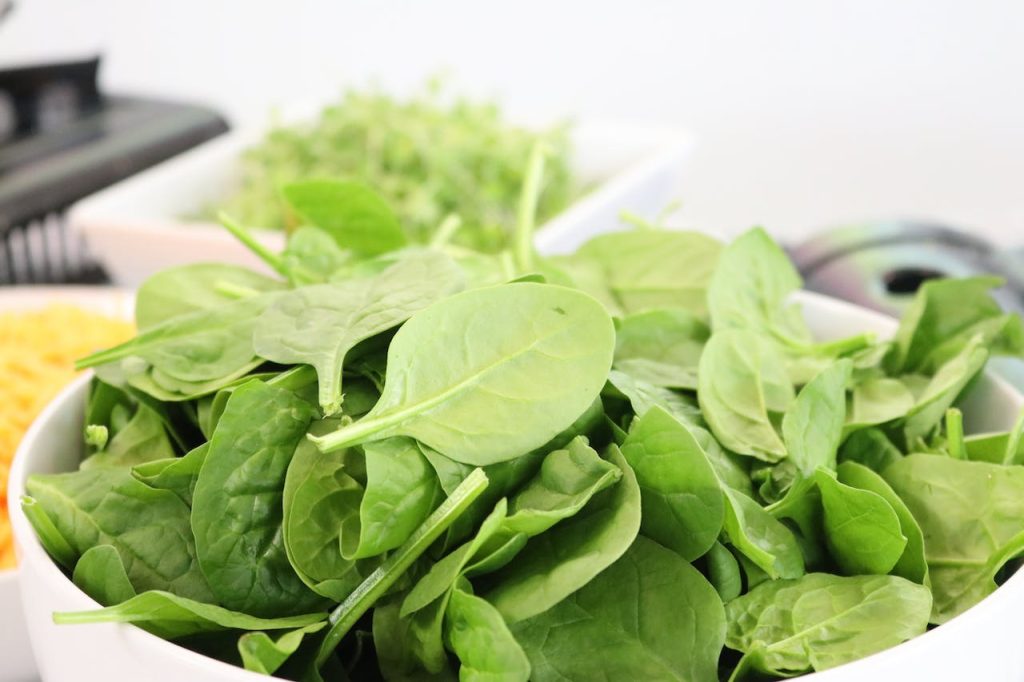
This leafy green tops the chart as one of probably the most nutrient-dense vegetables.
That’s as a result of 1 cup (30 grams (g)) Trusted Sourceof raw spinach offers 16% of the Daily Value (DV) for vitamin A plus 120% of the DV for vitamin K — all for simply 7 calories.
Spinach also boasts antioxidants, which may helpTrusted Source reduce your chance of developing diseases such as most cancers.
2. Carrots
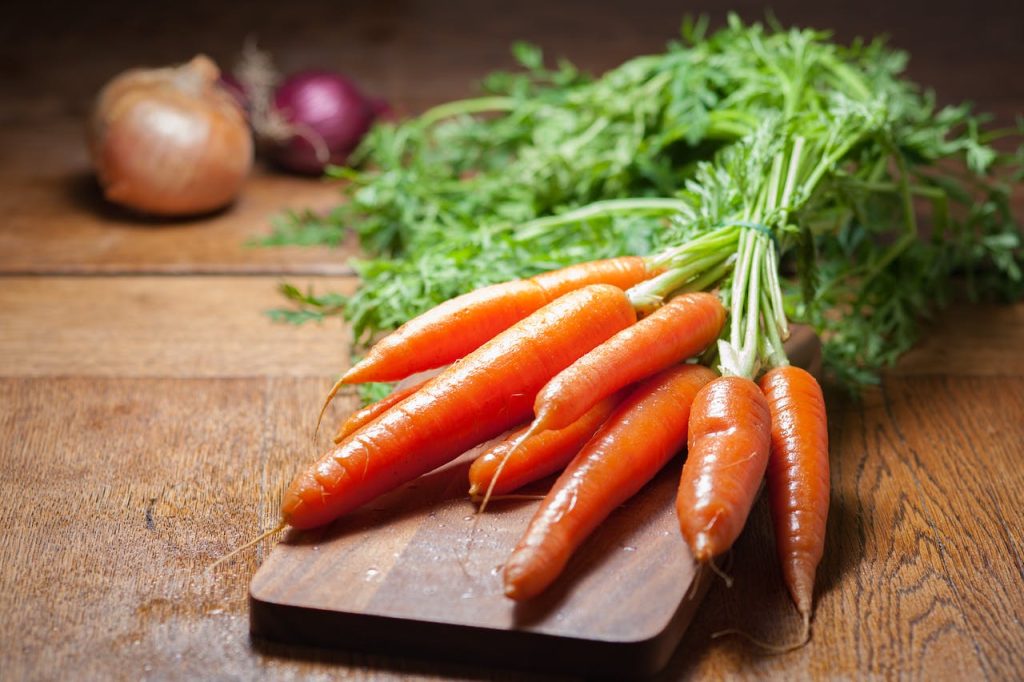
Carrots are packed with vitamin A, delivering 119% of the DV in simply 1 cup (128 g)Trusted Source. It also contains nutrients like vitamin C and potassium.
They also contain beta-carotene, an antioxidant that providesTrusted Source them with a vibrant orange shade. Your body converts it into vitamin A.
One studyTrusted Source of more than 57,000 people related eating a minimum of 2–4 carrots per week with a 17% lower risk of colorectal most cancers in the long run.
A review of 18 studiesTrusted Source also found that carrots could also reduce the chance of developing lung most cancers.
3. Broccoli
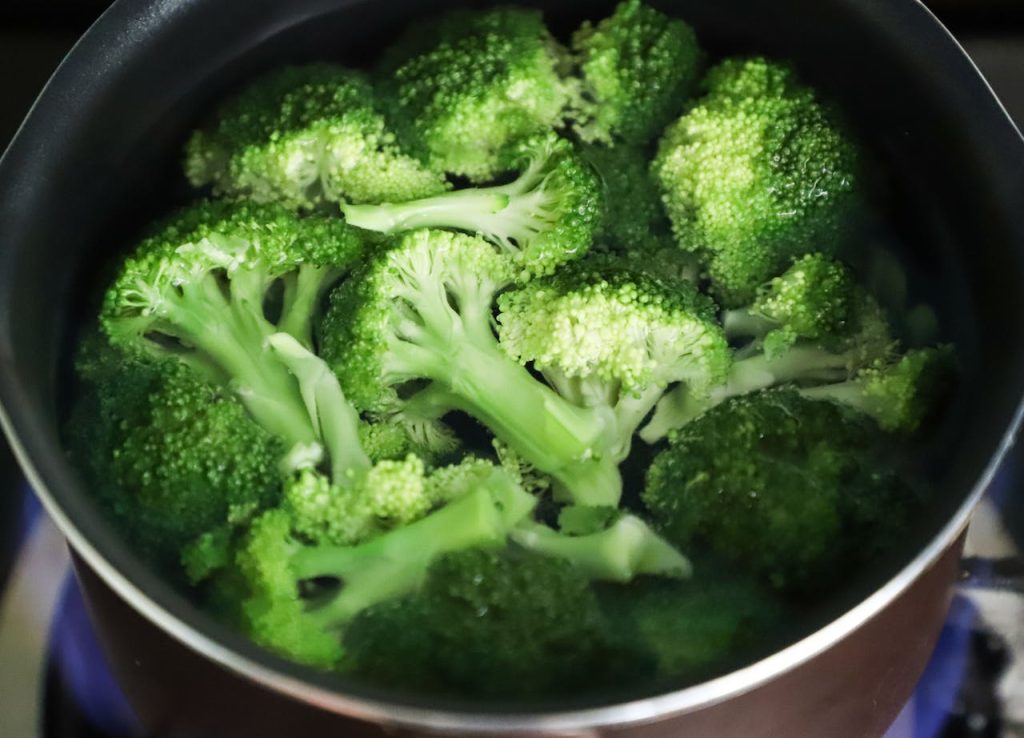
Just 1 cup (91 g)Trusted Source of raw broccoli offers 77% of the DV for vitamin K, 90% of the DV for vitamin C, and a good amount of folate, manganese, and potassium.
Broccoli is rich in a sulfur-containing plant compound known as glucosinolate, in addition to its byproduct sulforaphane. It mayTrusted Source be capable to assist protect against most cancers, in addition to decreaseTrusted Source inflammation linked to chronic conditions like heart disease.
4. Garlic
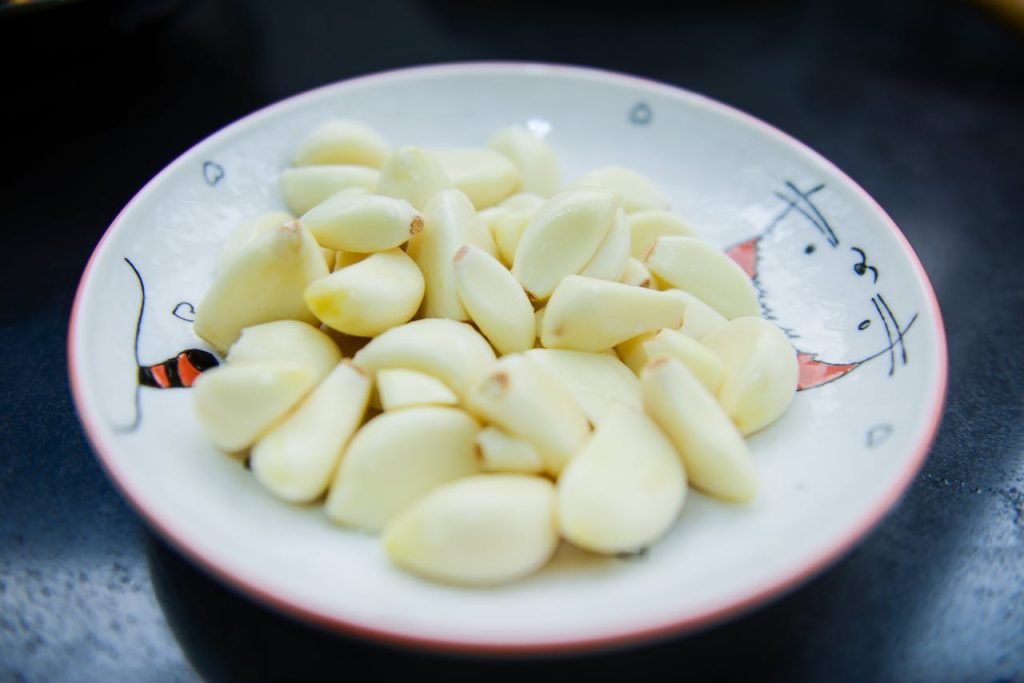
GarlicTrusted Source may be very nutritious while pretty low on calories, and most people often devour a small amount as an ingredient in cooking. One clove of garlic only has about 4.5 caloriesTrusted Source. It contains nutrients such as selenium, vitamin C, vitamin B6, and fiber,
It has also been usedTrusted Source as a medicinal plant for millennia. Its fundamental active compound is allicin, which has been proven to help blood sugar and heart health.
Although further analysis is required, test-tube and animal studiesTrusted Source also recommend that allicin has highly effective cancer-fighting properties.
5. Brussels sprouts
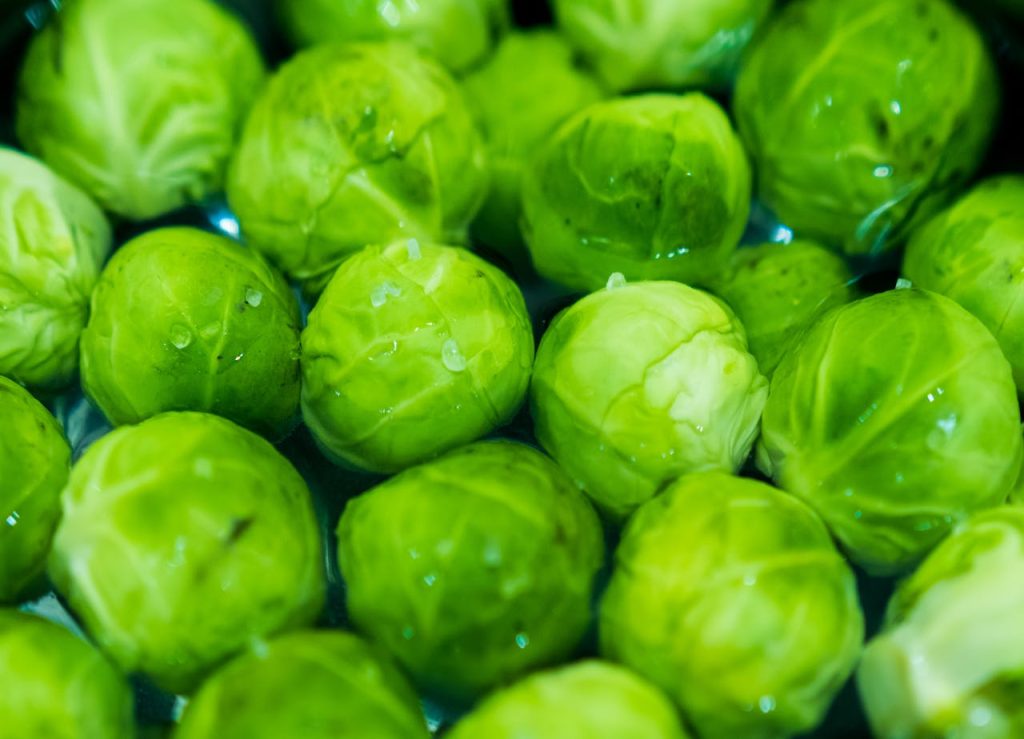
are a fantastic supply of fiber, an important nutrient that supportsTrusted Source bowel regularity, heart health, and blood sugar control. Each servingTrusted Source is also filled with folate, magnesium, and potassium, in addition to vitamins A, C, and K.
They also contain kaempferol, an antioxidant that may beTrusted Source particularly efficient in stopping cell damage.
Kaempferol has also been shownTrusted Source to have anti-inflammatory and cancer-fighting properties, which can protect against disease.
6. Kale
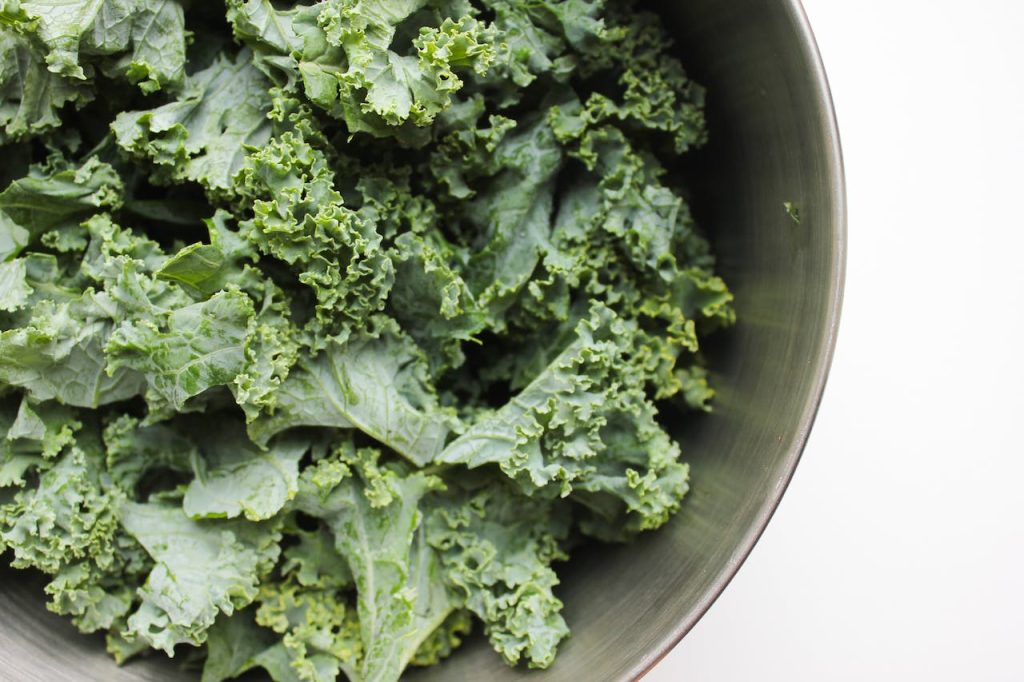
Only 1 cup (21 g)Trusted Source of raw kale is loaded with potassium, calcium, copper, and vitamins A, B, C, and K.
In one small research, eating kale alongside a high carb meal was more effectiveTrusted Source at stopping blood sugar spikes than eating a high carb meal alone.
Consuming Kale as a powder (made from dried leaves) or drinking its juice has been found in various studies to support decreasingTrusted Source blood pressure, cholesterol, and blood sugar levels. That said, extra analysis is required to substantiate these findings relating to kale juice particularly.
7. Green peas
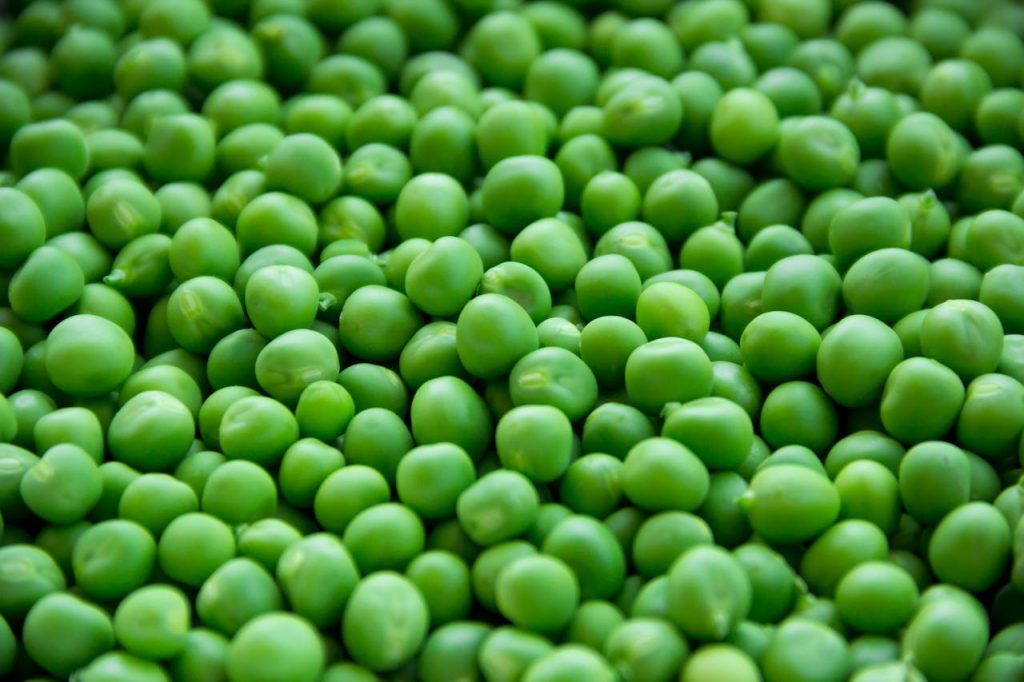
Peas are a starchy vegetable, which suggests they’ve extra carbs and calories than non-starchy veggies and could have an effect on blood sugar levels when eaten in large amounts.
Nevertheless, simply 1 cup (160 g) Trusted Sourcecontains 9 g of fiber, 9 g of protein, and vitamins A, C, and K, in addition to riboflavin, thiamine, niacin, and folate.
Because they’re high in fiber, peas support digestive healthTrusted Source by enhancing the beneficial bacteria in your gut.
Moreover, they’re rich in saponins, a bunch of plant compounds that may help reduceTrusted Source tumor growth and cause most cancers cell death.
8. Swiss chard
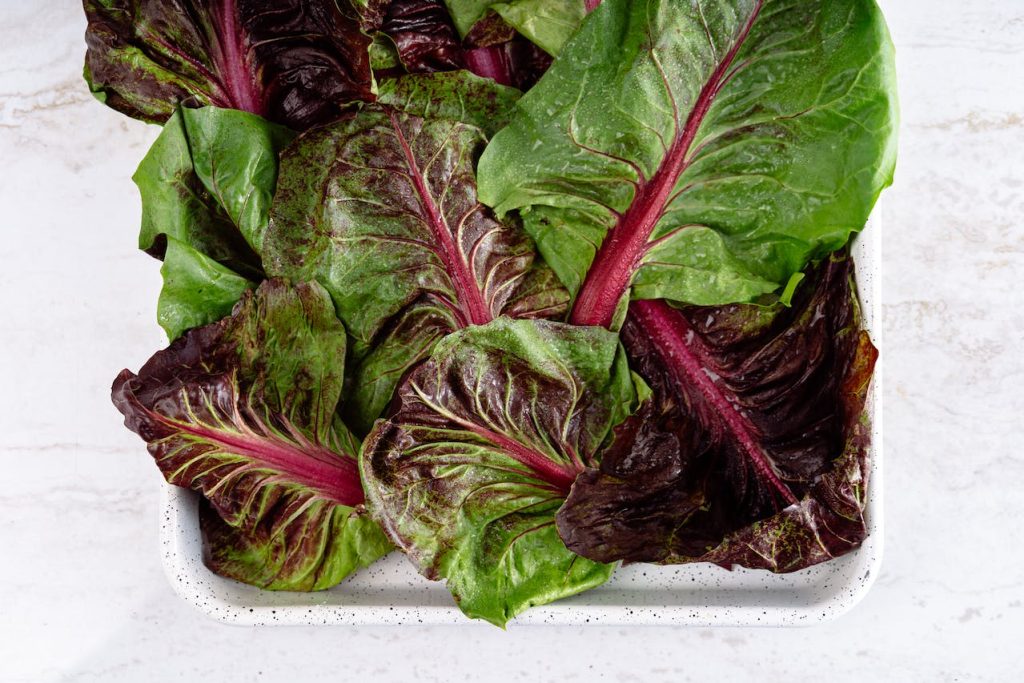
One cup (36 g)Trusted Source of Swiss chard contains simply 7 calories but practically 1 g of fiber, 1 g of protein, and tons of manganese, magnesium, and vitamins A, C, and K.
It’s also loaded with health-promoting antioxidants and plant compounds, including betalains and flavonoids.
Though extra studies are wanted, researchTrusted Source has found these compounds could also be anti-inflammatory and assist reduce the chance of various chronic diseases
9. Beets
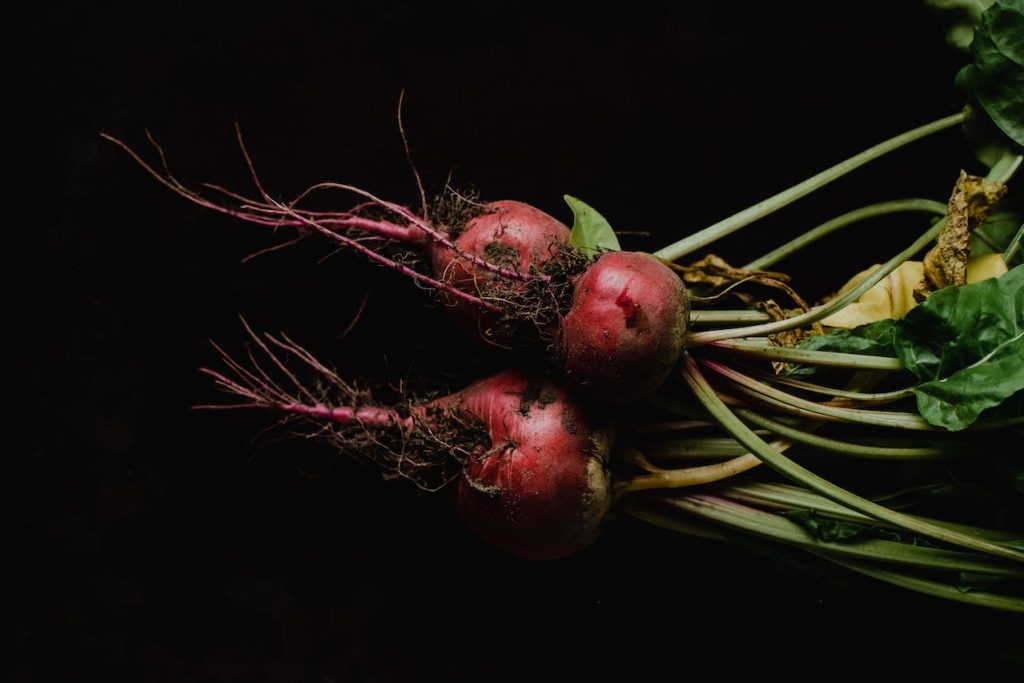
Beets are a vibrant, versatile root vegetable that packs fiber, folate, and manganese into every serving with very (*14*).
They’re also rich in nitrates, which your body converts into nitric oxide — a compound that may assist dilate blood vessels. This may help reduce blood pressure and lower the chanceTrusted Source of developing heart disease.
What’s extra, beets and their juice have been linkedTrusted Source to improved endurance and athletic efficiency.
10. Asparagus
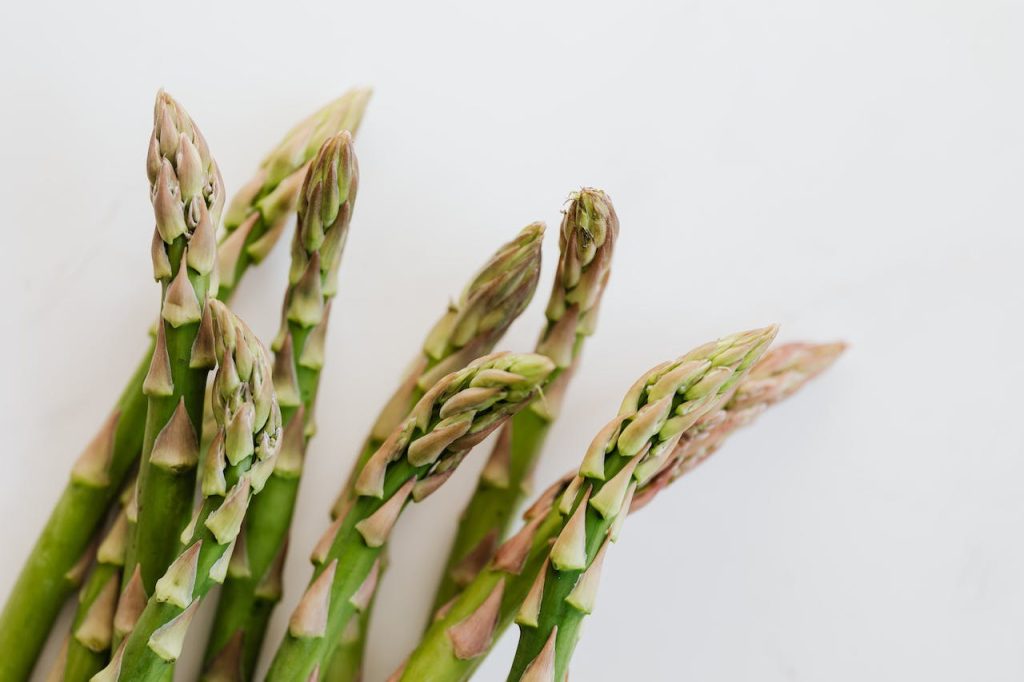
Just 1/2 cup (90 g)Trusted Source of cooked asparagus offers 33% of the DV for folate, in addition to plenty of selenium, vitamin K, thiamine, and riboflavin.
Getting enough folate from foods such as asparagus may protectTrusted Source against disease and prevent developmental irregularities of the neural tube during pregnancy.
One animal studyTrusted Source also means that asparagus extract protects against liver and kidney damage by reducing oxidative stress.
11. Red cabbage
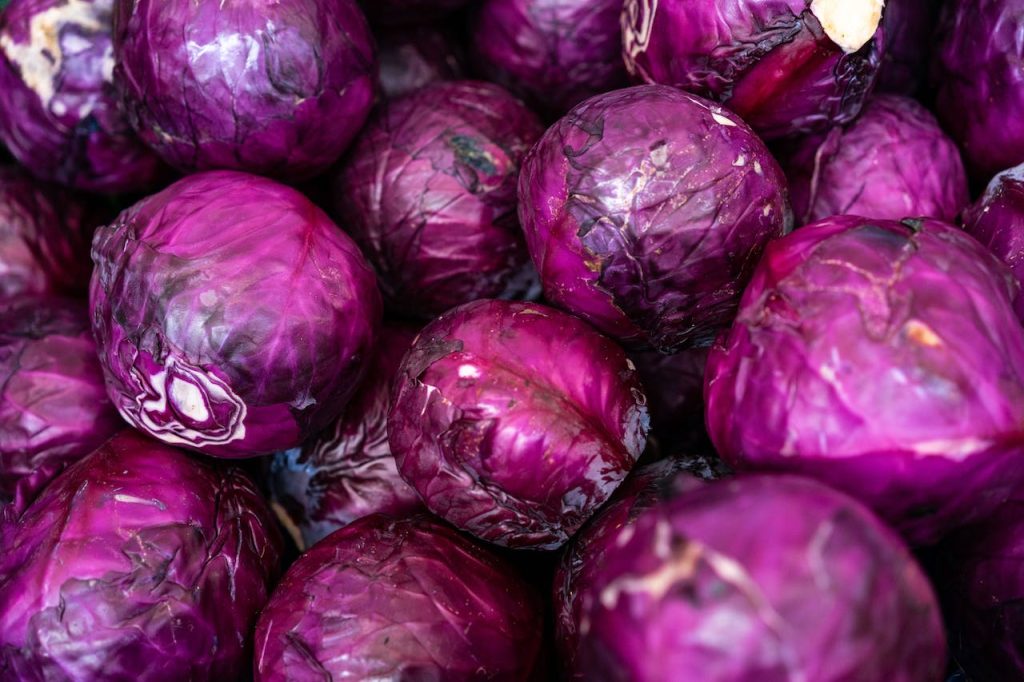
Just 1 cup (89 g)Trusted Source of raw red cabbage contains 2 g of fiber and 56% of the DV for vitamin C.
It’s also rich in anthocyanins, a bunch of plant compounds that contributeTrusted Source to its distinct shade and quite a few benefits.
In one animal studyTrusted Source, red cabbage extract reversed oxidative stress in rats with high cholesterol levels.
Similarly, in one other studyTrusted Source of mice fed a high fat diet, red cabbage microgreens considerably lowered levels of LDL (dangerous) cholesterol and decreased weight gain.
12. Sweet potatoes
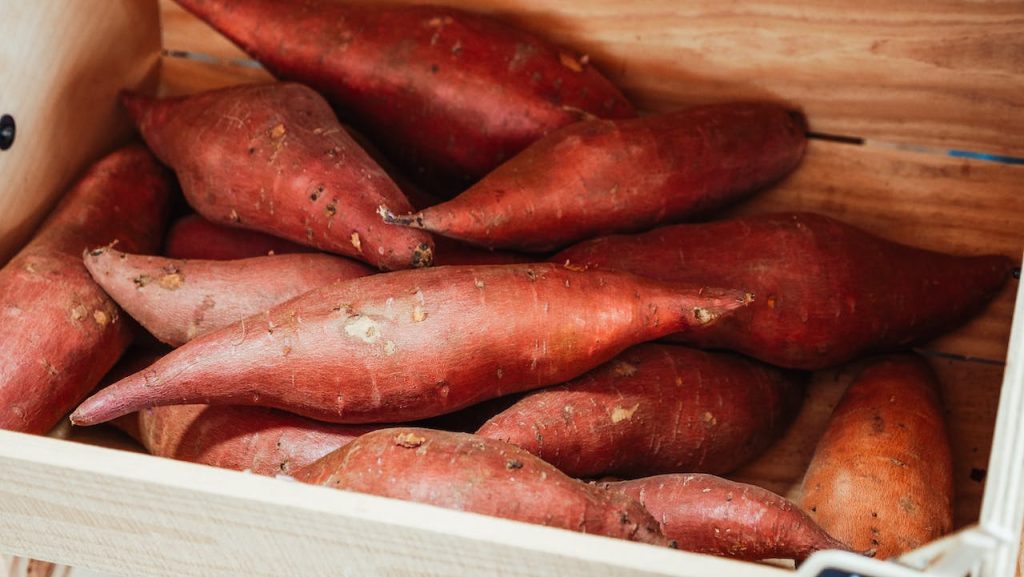
One medium sweet potato contains about 4 g of fiber, 2 g of protein, and a good amount of potassium, manganese, and vitamins B6 and C.
This root veggie is also high in beta-carotene, packing 122%Trusted Source of the DV for this vitamin.
According to a review of in vitro and animal 23 studiesTrusted Source, sweet potatoes could also be particularly efficient for regulating blood sugar and cholesterol levels. However, human studies are wanted
13. Collard greens
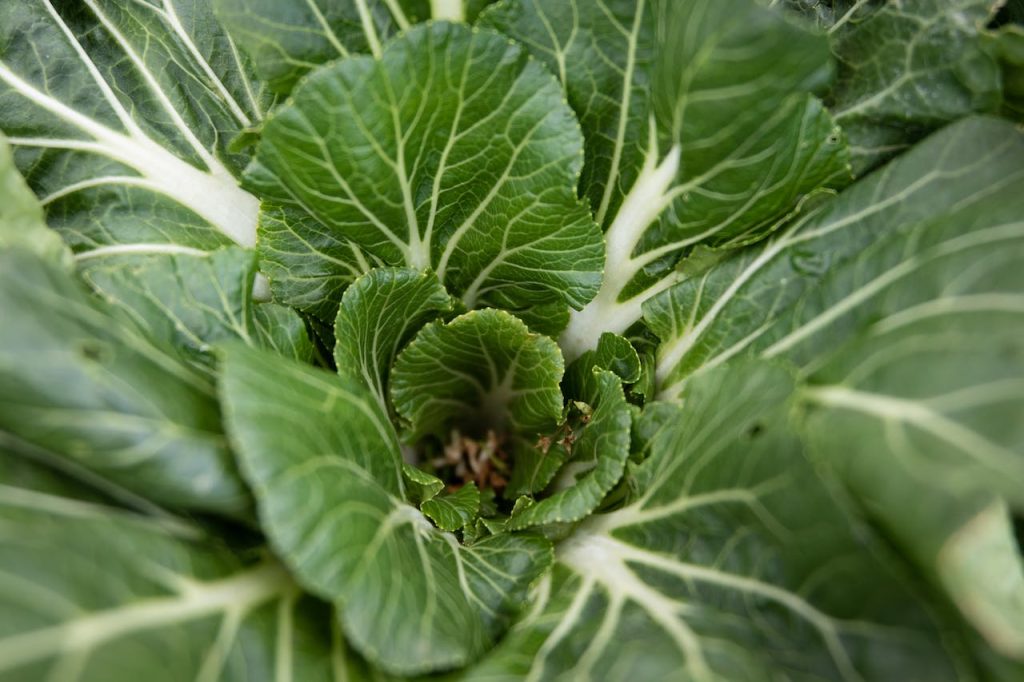
A mere 1 cup (130 g)Trusted Source of cooked collard greens boasts about 6 g of fiber, 4 g of protein, and 25% of the DV for calcium.
In reality, collard greens are one of the best plant sources of calcium. which is a mineral that plays a key roleTrusted Source in muscle operate, nerve transmission, hormone production, and bone health.
Some analysis links an increased intake of particular vegetables, including collard greens, to a lower chanceTrusted Source of developing glaucoma, an eye condition that may result in blindness (50Trusted Source).
Another assessment also related the next intake of cruciferous vegetables such as collard greens with an 8% and 19% lower riskTrusted Source of colorectal and stomach cancers, respectively.
14. Cauliflower
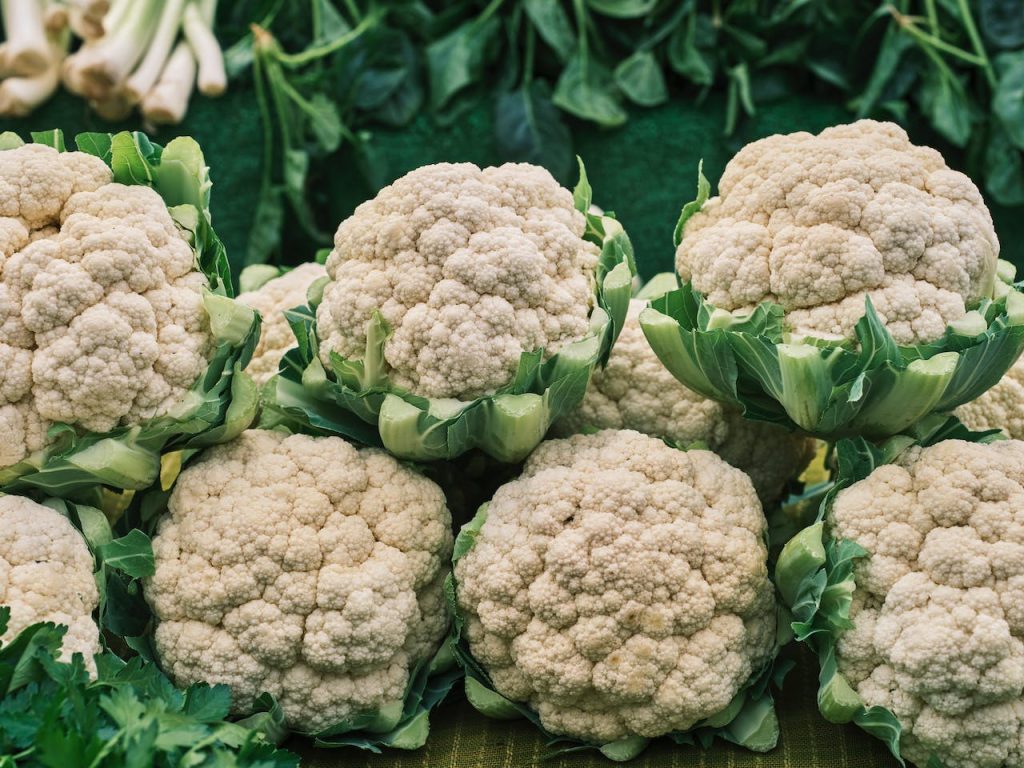
Cauliflower is thought for each its versatility and its stellar nutrient profile. Just 1 cup (155 g)Trusted Source cooked packs 3 g of fiber, 3 g of protein, and a range of different important nutrients, including folate and vitamins C and K.
Like different cruciferous veggies, it
It’s a great sourceTrusted Source of compounds such as glucosinolates and isothiocyanates, each of which possess potent cancer-fighting properties.
Cauliflower is also typically used as a low carb various and may helpTrusted Source help weight loss.
- Read more: Can I lose 10 pounds in one month?
- Read more: Is it bad to want to lose weight fast?
- Read more: 9 health benefits of vegetables legumes and beans
- Read more: 6 Best candy for weight loss – Science based
The bottom line (Mixed vegetables health benefits)
Not only are most vegetables brimming with antioxidants and an array of important vitamins and minerals, but many also provide health-promoting properties.
Although the veggies listed above are nice nutrient-dense choices so as to add to your diet, many others are loaded with nutrients as nicely.
For the best health outcomes, try to devour a range of vegetables to take benefit of their distinctive health benefits. Be certain to include them as part of a balanced diet.
Pros:
- Vitamin Variety: Mixed vegetables are like a colorful vitamin buffet, offering a smorgasbord of nutrients to keep your body happy and healthy. It’s like your own personal rainbow on a plate! Who needs a pot of gold when you’ve got a bowl of mixed veggies?
- Fiber Friends: These veggies are like the fiber superheroes of the food world, keeping your digestion running smoothly and your gut bacteria happy. It’s like they’re building a tiny veggie fortress in your stomach! No more feeling like a deflated balloon after meals.
- Low-Calorie Delight: Mixed vegetables are like the ultimate guilt-free snack, satisfying your hunger without weighing you down with extra calories. It’s like they’re the unicorns of the food kingdom—magical and calorie-conscious! Who needs a magic wand when you’ve got a carrot stick?
- Disease Defenders: Eating a variety of vegetables is like giving your body an extra layer of protection against chronic diseases like heart disease and cancer. It’s like they’re the Avengers of the food world, fighting off evil free radicals and inflammation! Move over, Iron Man, we’ve got broccoli on our side!
- Versatile Vibes: Mixed vegetables are like the chameleons of the culinary world, adapting to any dish or cuisine with ease. It’s like they’re the ultimate team players in your kitchen! Who needs a one-trick pony when you’ve got mixed veggies?
Cons:
- Prep Time Trials: Let’s face it, chopping up a bunch of different veggies can sometimes feel like a chore. It’s like a veggie obstacle course in your kitchen! Sorry, I can’t hang out tonight, I’m too busy wrestling with a cauliflower.
- Picky Eater Problems: Not everyone is a fan of every vegetable in the mix. It’s like trying to get a group of toddlers to agree on a bedtime story—impossible! Broccoli for you, Brussels sprouts for me, and a whole lot of negotiations in between.
- Fridge Follies: Mixed vegetables don’t always have the longest shelf life. It’s like they have a secret expiration date that’s shorter than your attention span! R.I.P. to all the forgotten veggies in the back of the fridge.
- Flavor Fatigue: Eating the same mix of vegetables over and over again can sometimes lead to flavor fatigue. It’s like your taste buds are staging a revolt! No more peas, please!
- Social Situations Struggles: Ordering mixed vegetables at a restaurant can sometimes feel like speaking a different language. It’s like playing a game of culinary charades, and you’re not always sure what you’re gonna get! Waiter, can I get the mixed veggies without the side of confusion?
- Gas Gaffes: Some mixed vegetables, like broccoli and cabbage, can be notorious for causing gas. It’s like they’re the pranksters of the vegetable world, pulling one over on your digestive system! Excuse me, it was the Brussels sprouts, I swear!
- Frozen Fiascos: While convenient, frozen mixed vegetables can sometimes be a disappointment in terms of texture and flavor. It’s like they’ve been cryogenically frozen in a flavor vacuum! Sorry, freezer-burned peas, you’re just not cutting it.
People also ask:
Is it healthy to eat mixed vegetables everyday?
Eating mixed vegetables every day is like giving your body a VIP pass to the health club. With a rainbow of nutrients packed into each bite, it’s like your own personal wellness party! Variety is key, ensuring you get a little bit of everything Mother Nature has to offer. Who needs a multivitamin when you’ve got mixed veggies? However, like any good party, moderation is key. Too much of a good thing can lead to veggie burnout or, ahem, digestive distress. Nobody wants a veggie-induced revolt! So, enjoy your daily dose of mixed veggies, but remember, balance is the name of the game in the veggie world!
What are the benefits of eating cooked vegetables everyday?
Eating cooked vegetables every day is like giving your taste buds a front-row ticket to Flavor Town. Cooking veggies unlocks a world of delicious possibilities, enhancing their natural flavors and textures. It’s like they’re putting on a gourmet show just for you! Move over, MasterChef! Plus, cooking makes some nutrients easier for your body to absorb, ensuring you get the most bang for your veggie buck. Who knew veggies could be such overachievers? And let’s not forget the convenience factor—cooked veggies are like the meal prep MVPs, ready to jump into any dish with gusto. No more sad salads, just veggie-packed perfection!
Which vegetables are good for health?
Vegetables that are good for health are like the superheroes of the grocery store, packed with vitamins and minerals to keep your body in tip-top shape. Leafy greens like spinach and kale are the OGs of the veggie world, ready to fight off free radicals like tiny green warriors. Who needs a cape when you’ve got a salad? Then there’s bell peppers, adding a pop of color and a punch of vitamin C to any meal. They’re like the colorful confetti of the vegetable aisle! And let’s not forget broccoli, the green machine that’s rich in fiber and antioxidants. Brussels sprouts, more like Brussels… bravo! So, load up your plate with these veggie powerhouses and let the health benefits begin!
